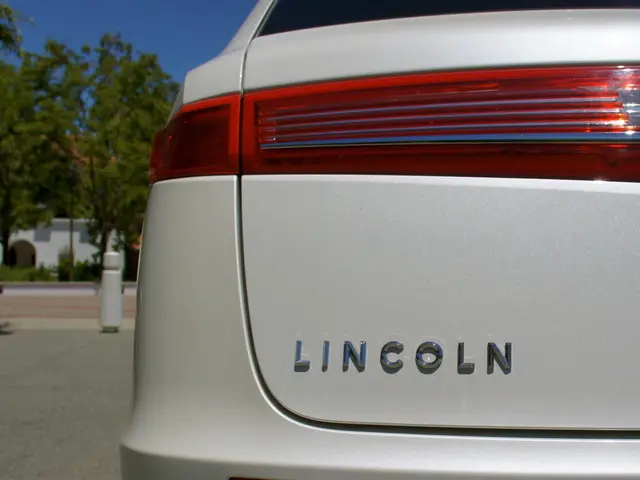Foreign car buyers prefer German automakers - still popular overseas - Foreign Purchasers Also Opt for German Electric Car Brands
German Electric Vehicle Manufacturers Lead in Trust and Quality Worldwide
According to a recent survey conducted by consulting firm BearingPoint, German automakers hold a significant advantage when it comes to trust in the quality of their electric vehicles in the United States, China, France, and Germany.
The survey, which polled around 2,000 respondents in each country, revealed that German brands like Mercedes-Benz, BMW, VW, and Audi were positioned at the top of the trust hierarchy in the electric vehicle sector. German brands led the market with a trust gap of three to seven percentage points over competitors in different countries.
Manuel Schuler, global automotive leader at BearingPoint, expressed his surprise at the extensive lead held by German manufacturers. He attributes their success to a long-established reputation built upon decades of excellence in combustion engine vehicles, which now carries over to their electric counterparts, giving them a substantial advantage in the competition against newcomers, particularly from China.
The survey further revealed a more nuanced picture when evaluating individual brands. For instance, in China, BYD took the top spot, but German brands like Mercedes-Benz, BMW, VW, and Porsche followed closely behind, outperforming other Chinese brands and Tesla. In the United States, Honda held the throne for quality, while Mercedes and BMW ranked closely behind, and in France and Germany, Mercedes and BMW, or Mercedes and Audi, were at the forefront of customer preference.
While Chinese manufacturers like BYD also ranked highly in certain markets, German brands continued to maintain strong positions even abroad. Schuler noted that the perception of quality and reliable service infrastructure plays a significant role in sustaining consumer confidence in these brands.
In Germany and France, BYD ranked poorly among the surveyed brands, with ratings barely half of those from China. Schuler attributed this to a lack of trust in the quality of Chinese brands outside their home market, which could explain their ongoing struggles in Germany and other markets. He also suggested that concerns about data protection could have contributed to this lack of trust.
As of the first four months of the year, Chinese manufacturers still have a very limited market share in Germany, with none of them reaching one percent.
In summary, the higher trust in German electric vehicle brands is based on their decades-long track record for quality and a strong brand image, as well as the confidence that they will continue to provide reliable after-sales service, all of which contribute to consumer confidence across multiple markets worldwide.
- The success of German electric vehicle manufacturers in boosting trust and quality worldwide can be linked to their decades-long reputation in the combustion engine sector, which now benefits their electric counterparts.
- While Chinese brands like BYD have made impressive strides in certain markets, such as China, their trust and quality scores are significantly lower when compared to established German brands in markets like Germany and France.
- Vocational training programs focused on technology and the automotive industry could play a crucial role in helping Chinese manufacturers bridge the trust gap with German brands and improve their market position globally.
- In the future, vocational training programs should also prioritize addressing concerns about data protection to build consumer confidence in Chinese electric vehicle brands beyond their home market.








